Search
Remove Ads
Advertisement
Summary 
Loading AI-generated summary based on World History Encyclopedia articles ...
Search Results

Video
The Largest Destruction of Animals in Modern History | The American Buffalo | A Film by Ken Burns
Official website: https://to.pbs.org/buffalo | #AmericanBuffaloPBS The scale of destruction of wild animals in the American West during the 19th century is the largest in known human history. When hide hunters ran out of buffalo, they...
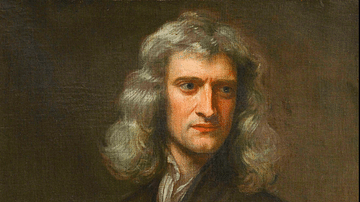
Definition
Isaac Newton
Isaac Newton (1642-1727) was an English mathematician and physicist widely regarded as the single most important figure in the Scientific Revolution for his three laws of motion and universal law of gravity. Newton's laws became a fundamental...
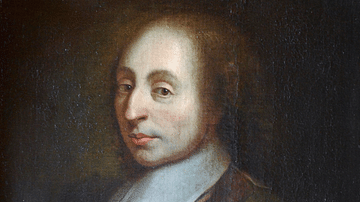
Definition
Blaise Pascal
Blaise Pascal (1623-1662) was a French scientist, mathematician, and philosopher whose work influenced both the Scientific Revolution and later European thought. Pascal is known for his practical achievements in science, such as a calculating...
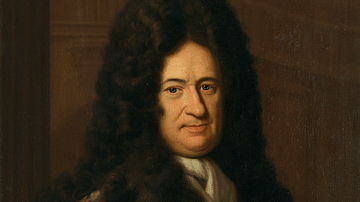
Definition
Gottfried Wilhelm Leibniz
Gottfried Wilhelm Leibniz (1646-1716) was a German polymath who became well-known across Europe for his work, particularly in the fields of science, mathematics, and philosophy. Leibniz's rationalist philosophy attempted to reconcile traditional...

Definition
Robert the Bruce
Robert I of Scotland, better known as Robert the Bruce, reigned as King of Scotland from 1306 to 1329 CE. For his role in achieving independence from England, Robert the Bruce has long been regarded as a national hero and one of Scotland's...
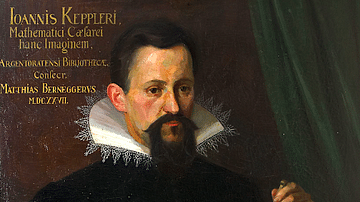
Definition
Johannes Kepler
Johannes Kepler (1571-1630) was a German astronomer and mathematician most famous for creating what was up to that point the most accurate model of planetary astronomy with his three laws of planetary motion. Kepler was the first to present...
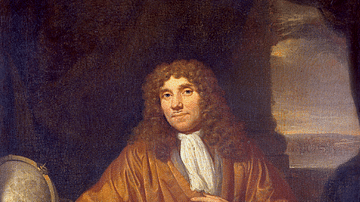
Definition
Antonie van Leeuwenhoek
Antonie van Leeuwenhoek (1632-1723) was the most important microscopist of the Scientific Revolution. The Dutchman made over 500 microscopes, many with a magnification far superior to contemporary models. His discoveries include bacteria...
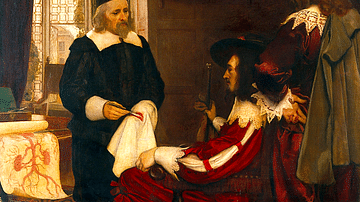
Article
William Harvey's Discovery of Blood Circulation
The human body's system of blood circulation was discovered by the English physician and anatomist William Harvey (1578-1657) in 1628. Harvey determined the relationship between the blood system of arteries and veins and the regular contractions...

Video
The Agricultural Revolution: Crash Course World History #1
Crash Course World History is now available on DVD! Visit http://dft.ba/-CCWHDVD to buy a set for your home or classroom. You can directly support Crash Course at http://www.subbable.com/crashcourse Subscribe for as little as $0 to keep...
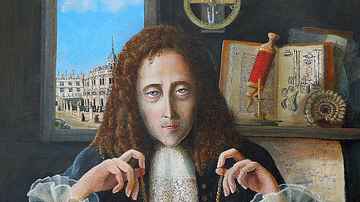
Definition
Robert Hooke
Robert Hooke (1635-1703) was an English scientist, architect, and natural philosopher who became a key figure in the Scientific Revolution. Hooke conducted his scientific experiments outside the auspices of universities, and he was a great...